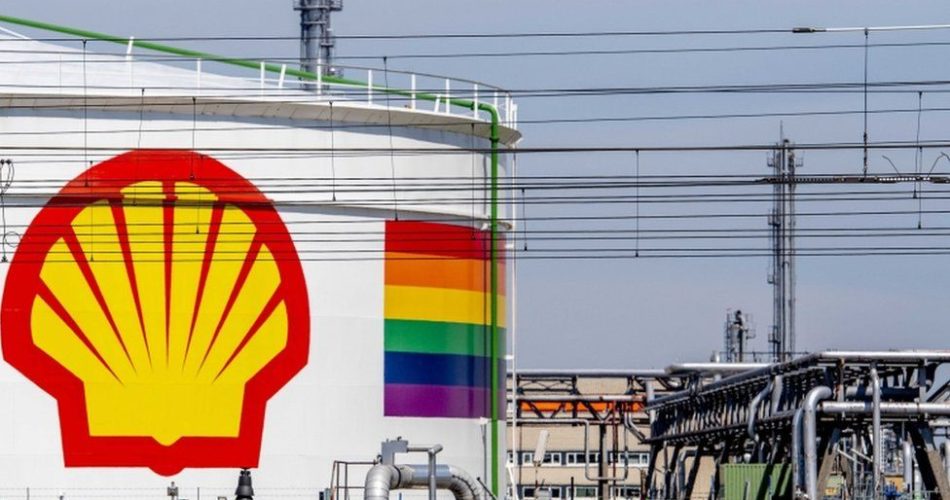The entire oil sector has been hit hard by the sharp collapse in oil and gas consumption due to the COVID-19 pandemic which crippled the global economy for much of the year, with a demand that should remain depressed for a long time.
(London) In the wake of BP and the American majors, the oil giant Royal Dutch Shell unveiled on Thursday a massive loss of $ 21.7 billion for last year, illustrating the extent of the shock of the pandemic on the oil market.
Vertiginous figures and almost never seen, far from the tens of billions of profits to which the majors had accustomed the investors in recent years.
BP, Shell’s British competitor, had already revealed a loss of $ 20.3 billion on Tuesday.
US-based ExxonMobil posted its first annual loss in recent history at $ 22.4 billion. Also in the United States, Chevron’s loss reached $ 5.5 billion.
The French Total must publish its results next week.
The entire sector has been hit hard by the sharp collapse in oil and gas consumption due to the COVID-19 pandemic that crippled the global economy for much of the year, with a demand that should remain depressed for a long time.
In the wake of the first containments in the spring, oil prices fell to all-time lows and even briefly into negative territory in early April.
They have regained strength since the fall, now climbing close to $ 60.
Large oil groups “must restructure to cope with a world where demand is falling, while adapting” to the energy transition, especially among European majors, underlines Michael Hewson, analyst at CMC Markets.
Shell had made a net profit of $ 15.8 billion in 2019 before the onset of the health crisis, he said in a statement.
Shell’s accounts suffered especially in the second quarter with colossal asset write-downs to reflect market conditions, resulting in a loss of more than $ 18 billion.
It returned to the green in the third quarter, but fell back in the fourth quarter with a loss of $ 4 billion, again due to write-downs.
Pampered shareholders
The group remains very cautious for the start of 2021. “We are still between 5 and 7% of where we were in 2019” concerning the demand for oil, estimated its managing director Ben van Beurden.
“We believe that we will see a strong recovery in the second half of the year and that there will be some kind of normalcy in 2022,” he added.
Shell also expects an increase in its dividend in the first quarter compared to the fourth quarter of 2020. At the height of the health crisis, it decided to reduce it for the first time since the 1940s.
Shell has initiated a major restructuring which should allow it to remain profitable with lower prices and to fulfill its objective of “greening” its activities.
This involves the elimination of 7,000 to 9,000 jobs by 2022.
The group took “difficult, but decisive decisions,” said Ben van Beurden, quoted in the press release.
Shell has set itself the goal of achieving carbon neutrality by 2050, as has BP.
The latter also announced a collaboration with his Russian partner Rosneft to reduce their carbon footprint, which did not convince the NGO Greenpeace, which instead demanded a drop in production.
Shell intends to invest 2 to 3 billion dollars per year, or around 10% of its total investments, for the period 2021-2025 in clean or low-carbon energies.
The group’s ambitious objective, stated before the health crisis, is to become the largest company in the world in the sector at the start of the 2030s.
The boss of Shell has finally welcomed the climate commitments of the new US President Joe Biden.
“We look forward to working with the administration because we have the same goal of being carbon neutral by 2050.”
In particular, the United States has announced a pause on the granting of new concessions for oil and gas drilling on federal lands and waters.
“We are not affected at this stage,” said van Beurden. However, he believes that the break “is not necessarily the right solution,” stressing that it will only increase imports of crude into the United States to meet demand.

